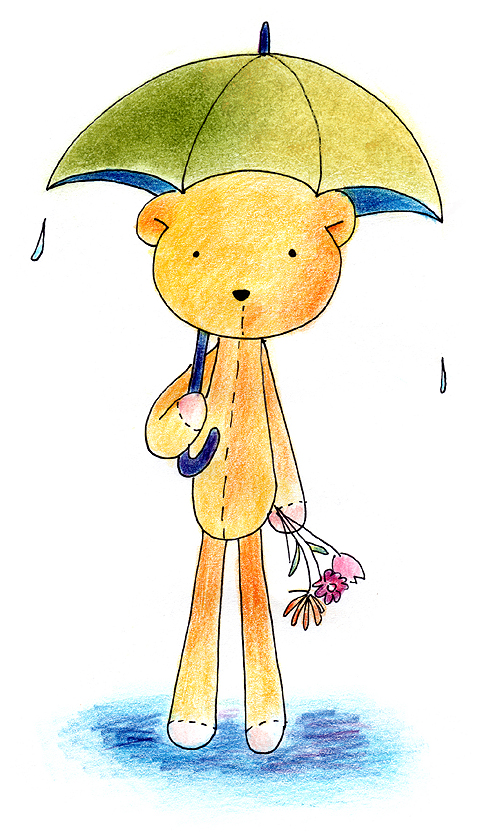|






|
 1.
Adjustment in daily lives 1.
Adjustment in daily lives
 |
A. To assist in building up a "non-disability" campus environment and promoting special education.
|
 |
B. To apply the rooms for special purposes according to the requirement or the levels of disability.
|
 |
C. To invite the faculty members to form consultants and coordinate with the full-time counselors to help the disabled
students accustom themselves to the campus environment. The counselors would communicate with the students by phone calls,
interviews, or contacts, to give them timely help.
|
 |
D. To hold training lessons for freshmen, student-and-teacher discussion meetings, monthly meetings, in order to
understand the applications of resources among schools. |
 |
plus exchange of various
information. |
 |
E. To offer trans-school activities, community parties; scholarships; information collection and exchange.
|
 |
F. To build the family union among students, reinforcing the mutual communication; to assemble the joint meetings,
greeting and farewell parties or Christmas parties. |
 |
G.
To provide books, magazines, audio files for entertainment, and places to relax. |
 |
H.
Training courses for human resources: recruit volunteers or part-time students to help serious-disabled students.
I. Build up “friendly campus:” publishing e-paper, observing experience, and inviting article contribution.
|
  2.
Academic Study 2.
Academic Study
 |
A. After-class Counseling: By individuals or groups, we offer supplementary learning activities. Based on the
"The Assistance with Collegiate Students with Disability" made by the Ministry of Education, the disabled students
could apply the grant for the assistance in academic studies, part-time students, various learning equipments, etc.
|
 |
B. They can use copy and fax machines, computers and printers, CCTV (for the weak sight students), and laptops for the blind.
|
 |
C. According to individual needs, we introduce students with the resource application in special education; help them
borrow relevant teaching aids, medical and living devices. |
 |
D. Part-time Students: we train part-time students to be able to make disability-aided reading materials, tutor their studies,
write notes, collect information, and those which could meet the needs of students with disability.
|
 3.
Psychological Counseling 3.
Psychological Counseling
 |
A.: Case administration: We will keep contact with students to understand the adjustment of their campus lives through
various communicative devices, such as e-mail, mobile phones, messengers, meetings, etc. |
 |
B. Individual psychological counseling and relevant information for professional supervisors, psychologists and
consultants are provided. |
 |
C. Group Counseling: We will hold self-exploration, interpersonal supports, music and art therapies activities.
|
 |
D. Conferences and forums will be held for individual cases, the understanding of special education,
and discussion meetings for the parents.
|
 4.
Career Arrangement 4.
Career Arrangement
 |
A. We offer the students professional training, information for career, advanced/oversea studies.
Professional training courses will also be provided to develop professional skills. |
 |
B. Career Arrangement: Based on the students needs and inclinations, we offer the courses for career
explorations, relevant exams, self-evaluations and instructions to map out the possible blueprints for
the future career development. |
 |
C. Sharing Life-Experiences: We invite the alumni, the staff from relevant institutions of disability to share their
experiences both in life and career. |
 |
D. Multi-Dimensional Cooperation: We organize the resources from counseling institutions, groups and other administrative
organizations to transfer our students to appropriate fields of careers. |
|


![]()